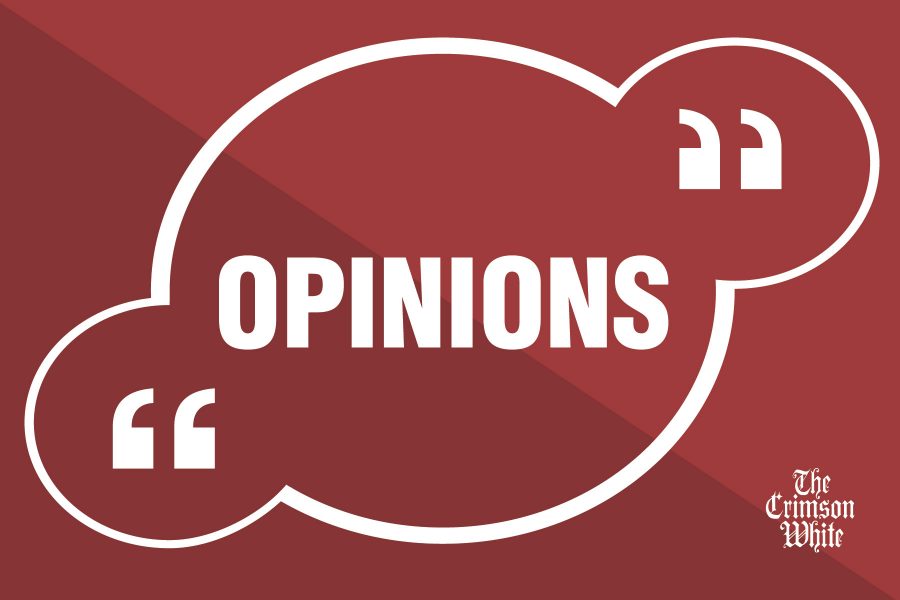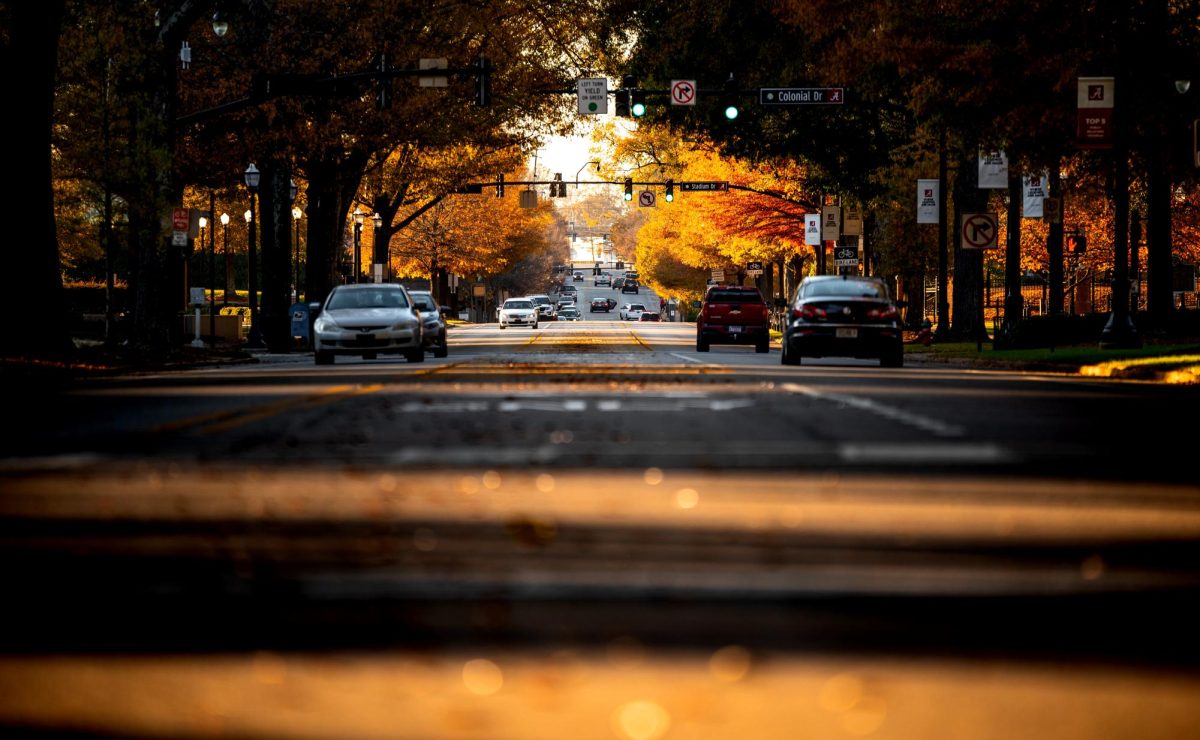Mesha Caldwell. 41. Jan. 4. Canton, Mississippi
Jamie Lee Wounded Arrow. 28. Jan. 6. Sioux Falls, South Dakota.
Jojo Striker. 23. Feb. 8. Toledo, Ohio.
Jaquarrius Holland. 18. Feb. 19. Monroe, Louisiana.
Keke Collier. 24. Feb. 21. Chicago, Illinois.
Ciara McElveen. 21. Feb. 27. New Orleans.
Chyna Doll Dupree. 31. Feb. 25. New Orleans.
[TW: violence against transpeople, suicide] Only two months have passed in 2017, but at least seven transwomen, all women of color, have been murdered. That is a devastatingly high number. The documented number of homicides of transpeople has been trending upwards, but this year may be one of the deadliest in recent memory for transpeople in the U.S. If the murders continue at this pace for the rest of the year, 42 transwomen will be killed in 2017. Importantly, many experts think that these numbers are skewed low, because it is common for transpeople to be misgendered by police or media. Oftentimes, it is friends, family and community members who correct the record regarding the gender identity of trans victims of violence, but in many cases that may not happen, making for inaccurate statistics regarding violence against transpeople.
Transwomen of color are “almost certainly the group most victimized by hate violence in America,” according to Don Terry in an article published in the Summer 2015 edition of the Intelligence Report, a magazine by the Southern Poverty Law Center. Transpeople are also more likely to have attempted suicide (41 percent versus 1.6 percent in the general population, according to a report “Injustice At Every Turn”), experience homelessness (19 percent have experienced homelessness due to their gender identity according to the same report), and make under $10,000 a year (15 percent compared to 4 percent of the population as a whole, according to a report “Paying An Unfair Price”). These statistics are shocking, but not surprising, given that many states have little to no legal protections for transpeople.
According to the Movement Advancement Project’s Equality Maps, 35 percent of LGBTQ+ people live in states that have overwhelmingly negative laws regarding gender identity. In other words, transpeople as well as gender nonconforming and nonbinary people, are deliberately targeted by harmful laws in 23 states. Five of the seven transwomen killed this year were murdered in states with a negative gender identity policy tally.
Although much of this may seem external to you if you are cisgender, that would be a gross misunderstanding. As individuals and as members of the UA, Tuscaloosa and Alabama communities, we all have a responsibility to ensure that the policies that are put in place by those meant to represent us are equitable and just. Policies at the University are not very inclusive, and policies at the state level are even worse. Transpeople are not protected in the state’s nondiscrimination statutes, meaning that transpeople are not protected from being discriminated against because of their gender identity in private housing, credit, employment, or in public accommodations. Additionally, there are bills under consideration in the Alabama Legislature which further marginalize transpeople, including a variation on the bathroom bill and a bill that would allow adoption agencies to discriminate against LGBTQ+ people.
In addition to fighting these bills, and any other policies that target transpeople, we have a responsibility to amplify the voices of transpeople who are telling their stories, and fighting back in the face of institutional discrimination and individual prejudice. And, we must also remember those who were killed, simply because of who they are. We must remember to say their names.
Chyna Doll Dupree. 31. Feb. 25. New Orleans.
Ciara McElveen. 21. Feb. 27. New Orleans.
Keke Collier. 24. Feb. 21. Chicago, Illinois.
Jaquarrius Holland. 18. Feb. 19. Monroe, Louisiana.
Jojo Striker. 23. Feb. 8. Toledo, Ohio.
Jamie Lee Wounded Arrow. 28. Jan. 6. Sioux Falls, South Dakota.
Mesha Caldwell. 41. Jan. 4. Canton, Mississippi
Isabelle Beauregard is a sophomore majoring in political science and African-American studies. Her column runs biweekly.









